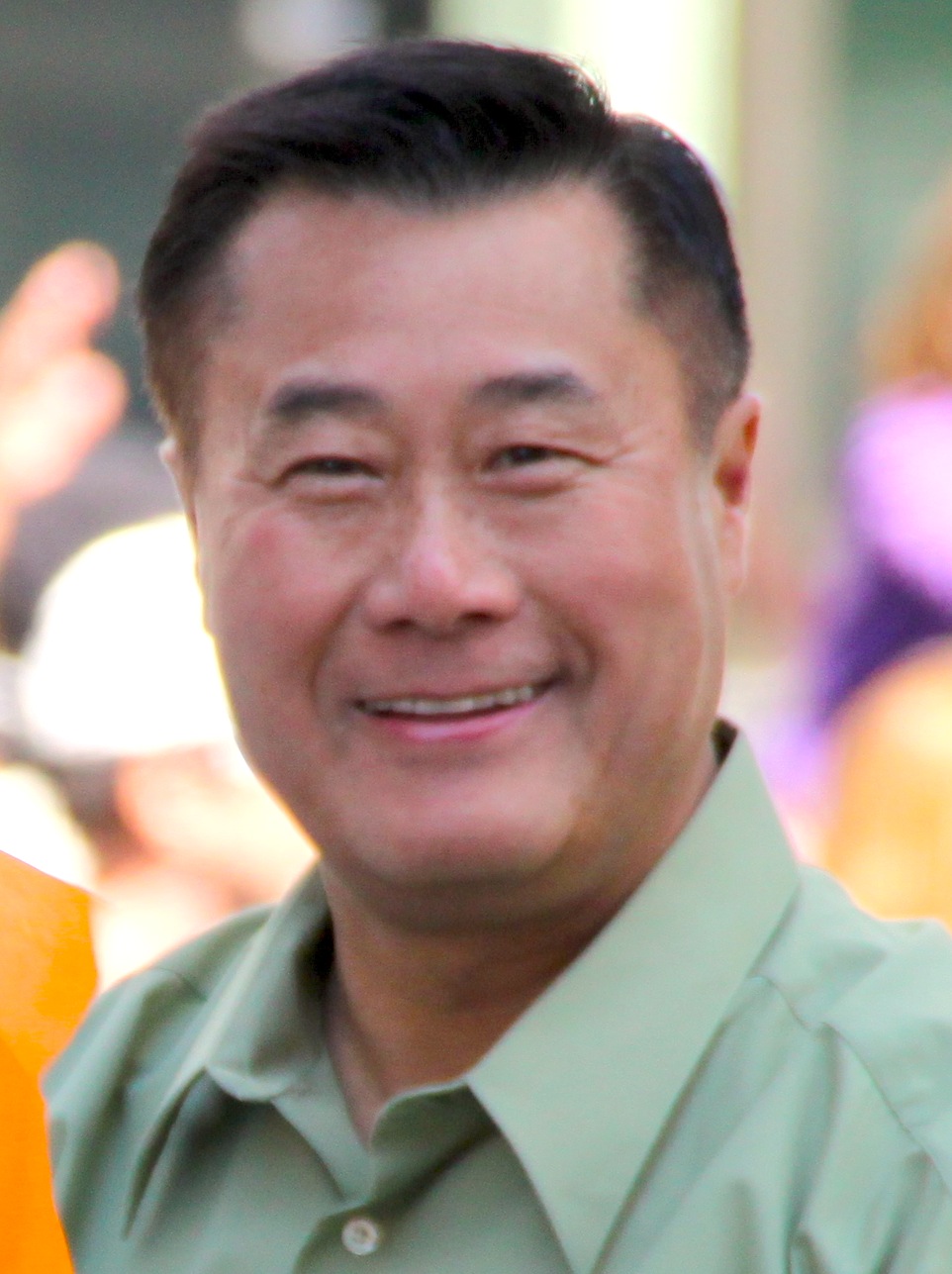Before joining NationBuilder as chief organizer, I spent most of my free time advocating for better government through technology and transparency, goals that fall under the loose umbrella of what many call "Government 2.0." I organized civic technologies meetups in San Francisco, and blogged and tweeted regularly on the topic.
One of the cool benefits of working at NationBuilder is the ability to build our own nations, and when I set mine up at wiredtoshare.com, I invited 4,000 personal contacts to join in to "my network for promoting emerging technologies for better government, democracy and self-governance and for sharing opportunities to help charities around the world." I expressly told my contacts that if they did not directly subscribe to my updates, I wouldn't send them any more emails about Adriel Nation. About 300 people signed up.
Flash forward to November 2011. Based on conversation with friends and ongoing review of open government legislation throughout the world, it was clear that California, my home state, needed to get on the bandwagon for improving technical standards of openness. Despite a fair amount of transparency legislation on the books, California government agencies do things like publish important government reports on FTP servers broken up into several image files - rendering them undiscoverable by search engines, and hard to review or make use of for advocacy, business purposes, or journalism.
 I used my nation to spark up a campaign for better open formats legislation in CA, and with the help of my friend David Cruise, we found a sponsor for the legislation in Sen. Leland Yee, right, who represents parts of San Francisco and San Mateo counties. Yee's bill is a small step towards better technical transparency in government, and an important one. Yee's effort, SB 1002, was quickly endorsed by groups like Common Cause and the Sunlight Foundation and scores of individuals. The bill received positive coverage in the government and tech press, and was moving forward through the legislative process. However, last week an extremely negative fiscal analysis was published (grossly misrepresenting the costs of the bill, which simply requires producing electronic documents in searchable formats if available, and supporting those formats in regular technology upgrades if currently unavailable) and the Senate Appropriations Committee sent the bill to its suspense file, practically a legislative death sentence.
I used my nation to spark up a campaign for better open formats legislation in CA, and with the help of my friend David Cruise, we found a sponsor for the legislation in Sen. Leland Yee, right, who represents parts of San Francisco and San Mateo counties. Yee's bill is a small step towards better technical transparency in government, and an important one. Yee's effort, SB 1002, was quickly endorsed by groups like Common Cause and the Sunlight Foundation and scores of individuals. The bill received positive coverage in the government and tech press, and was moving forward through the legislative process. However, last week an extremely negative fiscal analysis was published (grossly misrepresenting the costs of the bill, which simply requires producing electronic documents in searchable formats if available, and supporting those formats in regular technology upgrades if currently unavailable) and the Senate Appropriations Committee sent the bill to its suspense file, practically a legislative death sentence.
Cruise called me up and asked me to again rally my nation to the cause. And on Monday night, I got out a sharply targeted email to my California network, asking them to call, fax and email two key legislators on the committee. A small, committed number of people did so. Last night, Cruise used the SF Technology Democrats nation to do the same thing, and again, a small, committed number of people took action. Today, the committee resurrected the bill, which will go to a full vote next week.
How do you build a nation and move it to change the world? Get buy in for your purpose. Make clearly targeted calls to action. And never ask permission to lead.

